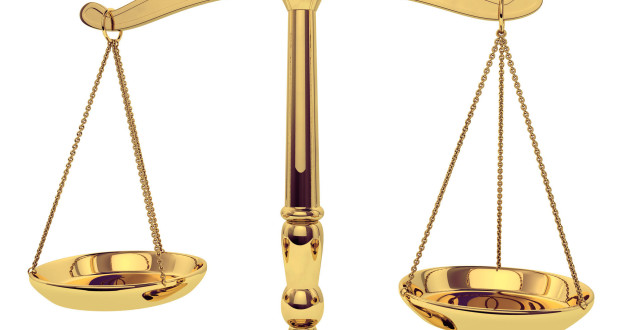Lawyers, scholars and judges who promote judicial restraint and the rule of law are frequently called “conservative.” Justice Grant Huscroft of the Ontario Court of Appeal is often cited as an example of a judge whose judicial philosophy is a thinly veiled guise for his conservative predispositions.
But is this really the case? In his recent decision in Michela v. St. Thomas of Villanova Catholic School, Justice Huscroft held that an employer’s financial circumstances are not a relevant factor in determining a period of reasonable notice to which dismissed employees are entitled. In doing so, he clarified employment law. Specifically, he concluded that the “character of employment” criterion that is used to consider the length of a period of notice to which a dismissed employee is entitled does not consider the employer’s financial state. Rather, it considers the nature of an employee’s position (traditionally, managerial as opposed to non-managerial) within his or her place of employment. That is because the purpose of notice is to give an employee an opportunity to find alternative work. In other words, the employer’s financial circumstances are not relevant for the purpose of calculating notice periods.
As such, Justice Huscroft overturned a motion judge’s decision, which had found that a group of dismissed private school teachers were only entitled to notice of 6 months, an amount that was reduced from 12 months due to the employer’s financial “dilemma.” Justice Huscroft held that the teachers were properly entitled to notice periods of 12 months.
Michela might seem a “progressive” decision on the facts of this specific case, vindicating the rights of employees. However, the corollary of the decision is that a large, well-financed employer will not need to pay an employee for a longer than appropriate notice period. As such, the decision is a good illustration that applying established and principled legal rules to a fact situation – which is, after all, what the rule of law is really about – merely removes a judge’s biases. It does not inevitably lead to a “conservative” or “progressive” result.
While Michela dealt with the common law, most cases deal with the interpretation and application of statutes. Many of these statutes have been enacted by liberal governments, both at the provincial and federal level. It should therefore not be surprising that a proper application of those statutes will produce results that are in keeping with liberal values
 Advocates for the Rule of Law
Advocates for the Rule of Law




One comment
Pingback: Justice Miller’s First Major Decision May Surprise His Critics | Advocates for the Rule of Law